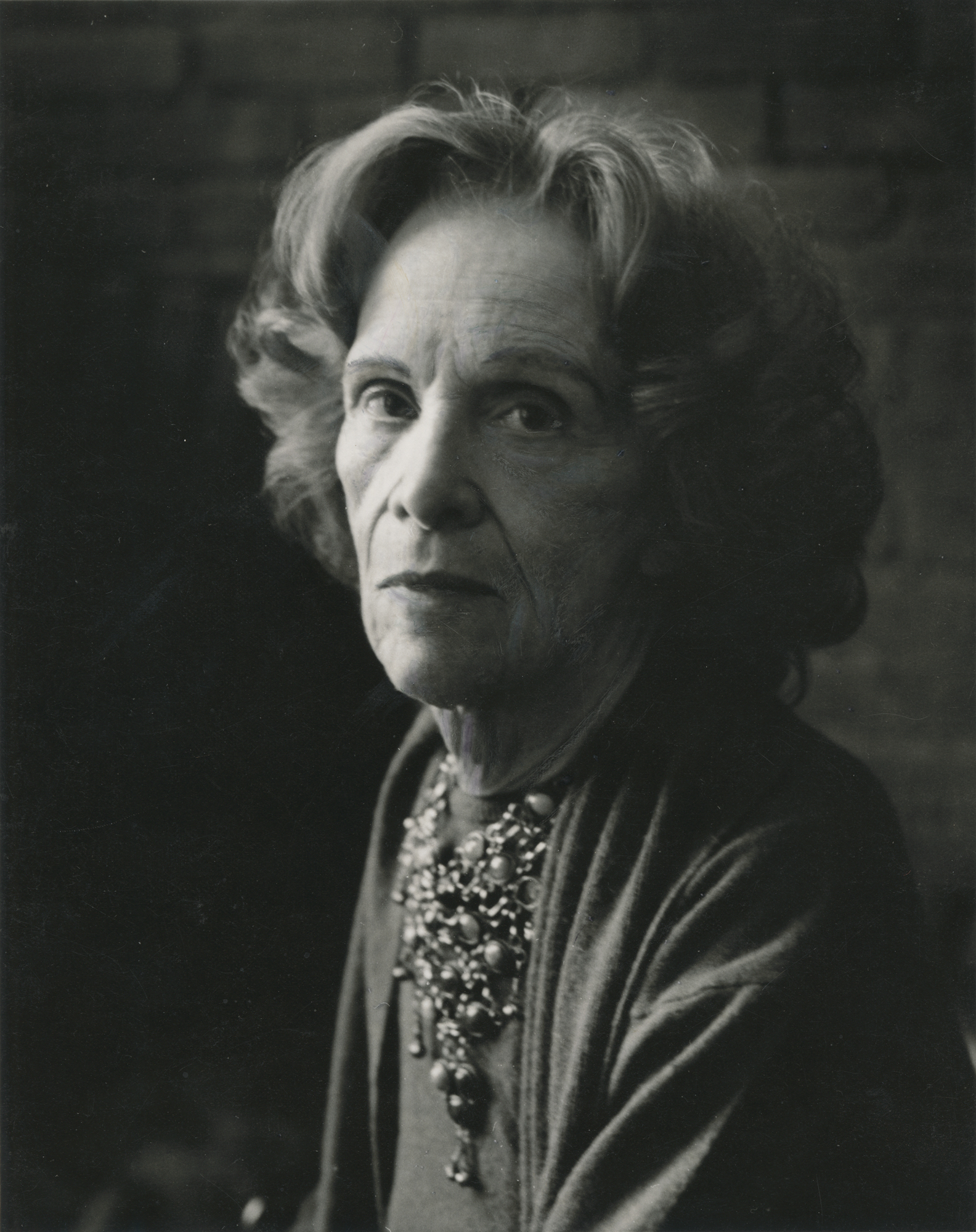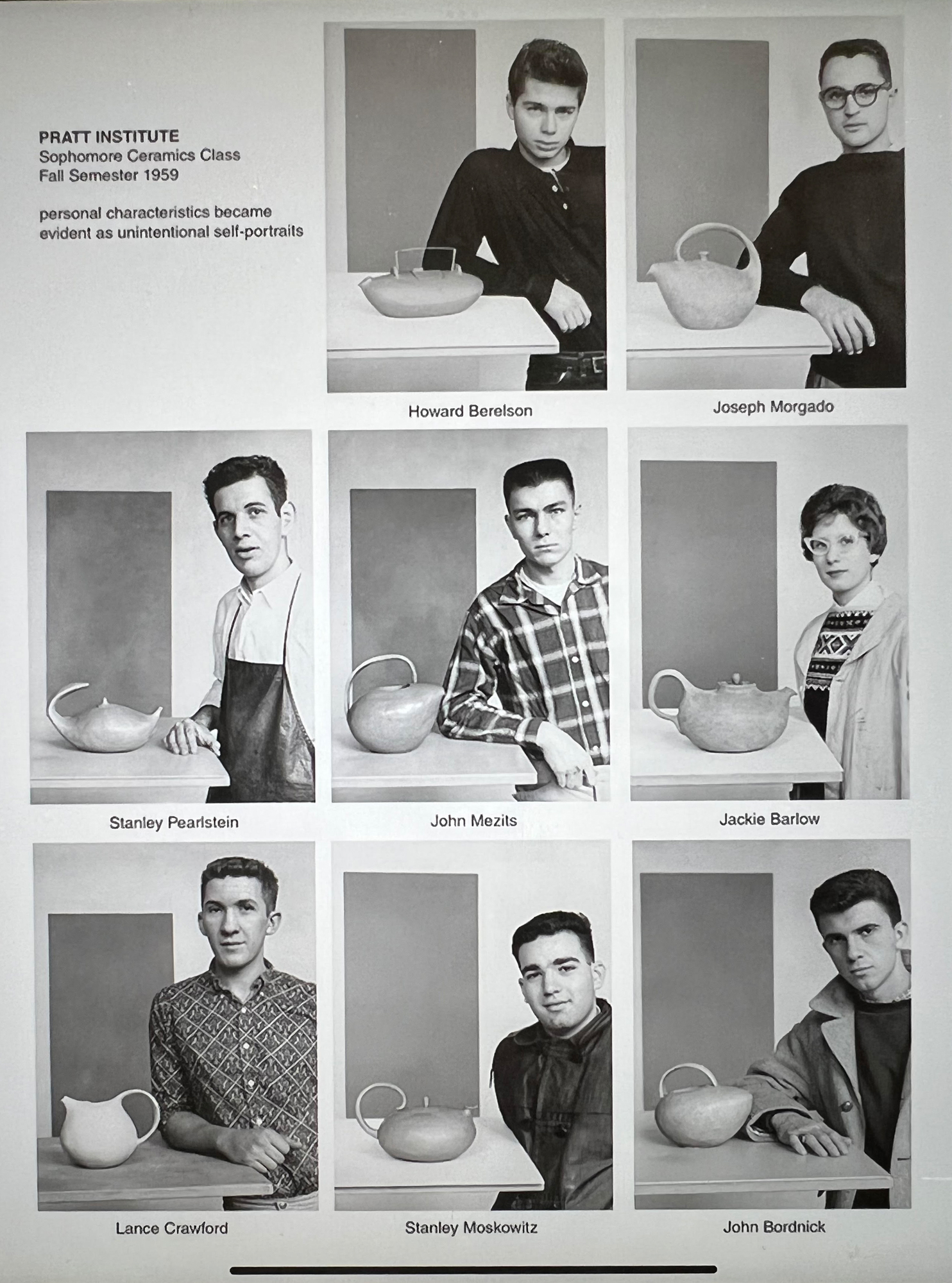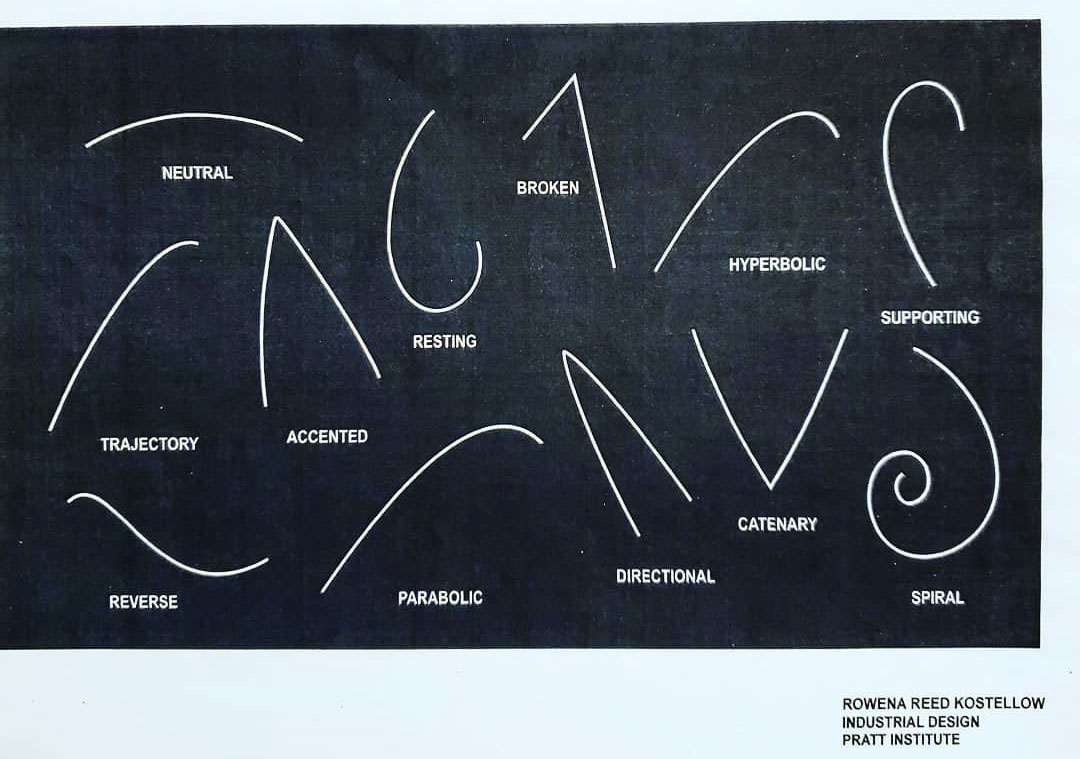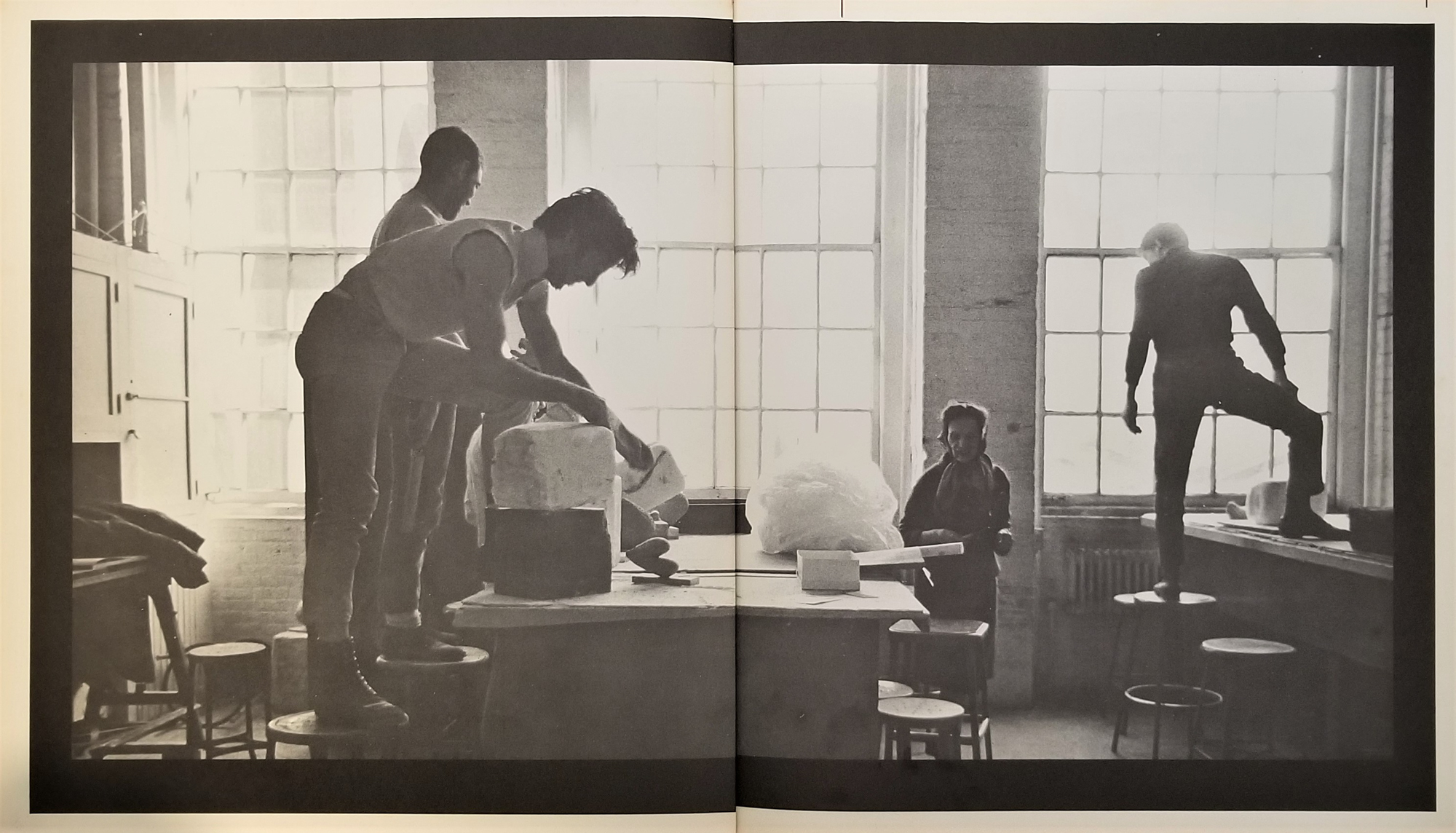As a leading educator and designer from the 1930s to 1980s, Rowena Reed Kostellow shaped the global study and practice of industrial design during her over five decades at Pratt Institute. As she once stated, “Not enough time and attention are given to the designer’s first responsibility: to find and develop the visual solutions for living in our environment.” Her career was dedicated to promoting thoughtful design for daily life, and with her husband, Alexander Kostellow, and Donald Dohner, she established Pratt’s Industrial Design program and its foundation curriculum with an attention to form, function, and industry. This pioneering program inspired industrial design courses across the globe.
The newly launched Rowena Reed Kostellow Digital Archive honors that legacy by bringing together archival material from Pratt Libraries and submissions from alumni. It is a publicly accessible resource for students studying industrial design as well as anyone interested in Kostellow’s influence on 20th-century design. Its advisory group of former Pratt students, some of whom studied under Kostellow, included Adjunct Associate Professor of Industrial Design Linda Celentano, BID ’80; Tarik Currimbhoy, BID ’79 and Master of Architecture ’88; Meghan Day, MID ’23; Adjunct Professor-CCE of Industrial Design Kate Hixon, BID ’81; and Rose Moon, BID ’23. The Rowena Reed Kostellow Digital Archive was made possible by the generous support of Lisa Smith, BID ’77.
“Whether a student has raw talent or is trainable, being willing is all it takes to understand Rowena Reed Kostellow’s principles and make the world, ultimately, a more beautiful place,” Celentano said. “Working on the archive has once again revealed to me that there is more to come in terms of understanding this pedagogy. Being part of this has yet again shown me how rewarding it is to be a professor and industrial designer from Pratt. Like life itself, I’ve been taught by her that designing is all about relationships in the most personal way.”

Born in Missouri in 1900, Rowena Reed studied at the Kansas City Art Institute in 1922, where she met Alexander Kostellow. After a stint in Pittsburgh, during which Alexander taught at the Carnegie Technical Institute, they started at Pratt in 1938 and soon established its Industrial Design Department. Rowena Reed Kostellow became its chair in 1962 and remained in the role through 1966, staying involved in teaching at Pratt into the 1980s. Throughout the decades, she developed a curriculum aimed at connecting students to the “structure of visual relationships” in every aspect of design.
“The 3D curriculum was about developing my visual literacy and refining my eye as a design tool. The goal was to learn to assess form and space, and we couldn’t accomplish this with reading. The process was five percent theory, ninety-five percent practice,” Day said. “I looked at hundreds of examples of hierarchy, proportion, axial movement, and spatial tension through the eyes of the instructors, and each observation of a strength here or a weakness there made me better at the skill of organizing space. As a designer, just as important as visually identifying the strengths of a form is articulating what we see. Learning to justify my aesthetic judgments with concrete observations was a critical part of the Rowena Reed Kostellow curriculum that has been invaluable.”
The archive includes objects, ephemera like class photographs and school brochures, and stories about Kostellow, such as her former student Sharon Skolnick-Bagnoli remembering asking her teacher what color she was going to choose for her new car: “She replied, ‘no color.’ That stuck with me. What color was no color? … A few months later, I saw her driving by in her new car. Beautiful lines and the three-dimensionality she so cherished. The car was silvery-gray, the color of the metal itself.”

The archive is organized into different sections that each illuminate a different part of Kostellow’s teaching and impact, such as “Rowena’s Curriculum,” which highlights how she taught foundation-level and advanced studies classes with an emphasis on hands-on work with forms. “All three-dimensional projects should be designed three-dimensionally,” she affirmed. “You can’t develop a good three-dimensional design on paper. That’s like drawing a piece of sculpture.” The “At Pratt” area includes materials from student projects that applied this understanding of forms, including recent student work as well as pieces from alumni.
“Remarkably, Rowena Reed Kostellow’s essential exercises in form and space continue to influence and serve as a reference for the methods by which students, then alumni, trained in industrial design at Pratt designed, design, and will design as they move through their professional lives,” School of Design Dean Anita Cooney said. “Her legacy is active and renewed as each and every new student begins their study with us.”

Adding beauty to the world through design was also central to these lessons, with the “Elevating the Everyday” section of the archive exploring how that teaching can be seen in ordinary yet thoughtfully designed products ranging from the Igloo Playmate Cooler and Remington Hair Dryer to the Cuisinart Coffee Maker. “Artworks and Monuments,” meanwhile, examines how Kostellow’s teachings are present in everything from the angular forms of the Korean War Veterans Memorial in Washington, DC, to recent visual displays by the Society for the Preservation of Weeksville.
“Design has always been a reflection of the economic, social, and technological climate, although sometimes it anticipates public awareness and sometimes it lags behind,” Kostellow once said. “It is the designer’s responsibility to be aware of this climate and perhaps influence the direction of its expression positively.” The Rowena Reed Kostellow Digital Archive invites viewers to learn how her distinctive understanding of design endures in how designers create for a changing world.
